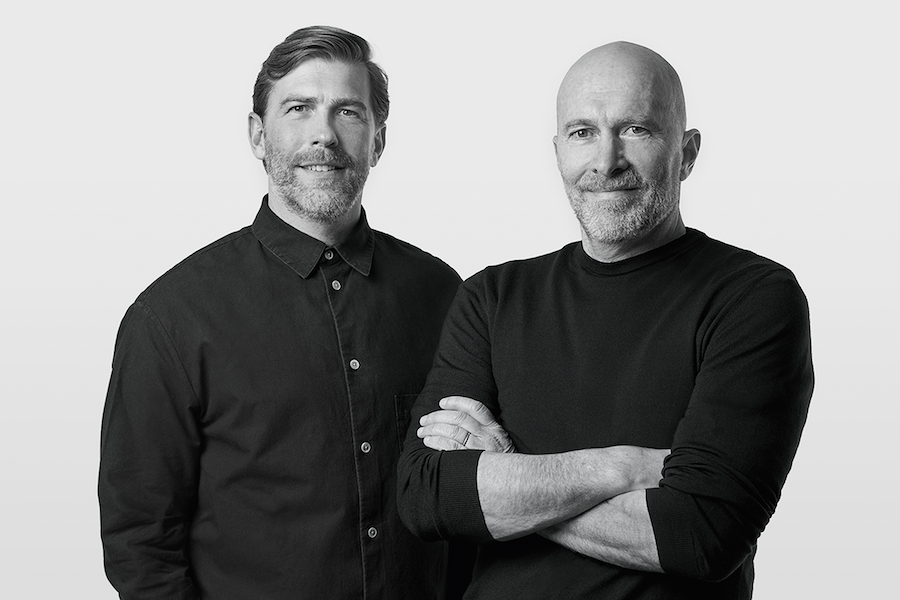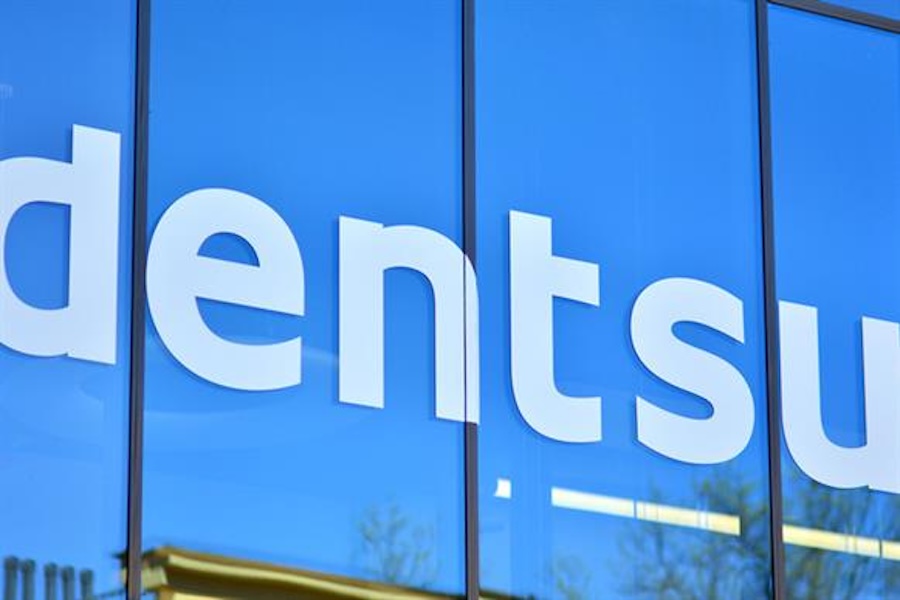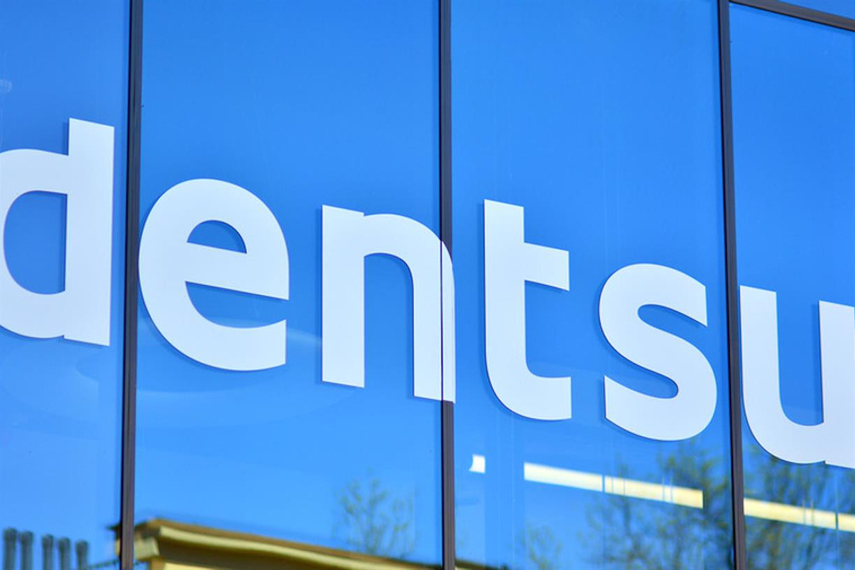We're grateful that the industry is offering up responses regarding the issue of overtime/overwork (what some would call "exploitation"). Yesterday's editor's note, published in response to a column Wunderman's Bryce Whitwam wrote in response to the recent news out of Japan (see links below), has brought us several reactions (below). We'll continue to add to this page so please keep the responses coming by sending me email, or commenting on Facebook or Twitter.
Get caught up:
- Labour authorities raid Dentsu in suicide probe
- Excessive overtime blamed for suicide of Dentsu employee
- Dentsu takes a small step to tackling a big problem
- Ad industry must face up to its unhealthy work culture
- How to cure the agency overtime problem
- Editor's note: On suicide, overtime and responsibility
PAUL DAVIES
Managing Partner, Asia Pacific
The Observatory International
Thanks for calling this out and giving the issue a long overdue airing.
It is very disappointing to hear about someone having a go at Bryce Whitman. A man I have never met by the way. Whether you agree or disagree with his opinion is irrelevant, but decrying someone trying to explain how they are trying to address the situation, rather than contributing to the discussion, just shows immaturity, inexperience and worse.
In my experience dictating company policy on amount of overtime, lights off, and more has never solved the the problem. It is an action that says we need to be seen to be doing something publicly so the heat hopefully dissipates.
Only the culture the company (and specifically the management team) creates, and that pervades through the organisation, will change things. My perspective is that the responsibility starts with the company and specifically the management team that leads it. It is they who set the 'tone from the top' and ultimately the culture that is created from this.
It is this same team who decides the strategy which ultimately determines whether their clients respect their work. Whilst you can argue that the management team can’t change the industry (on its own I agree) they can still determine what marketers they want to work with, the type of business they want to do and the values, culture and behaviour they will have within their own organisation.
It is only when a company’s leadership takes ownership of their full responsibilities that these issues will be addressed.
PAUL GALESLOOT
CEO
Cowan Asia
It’s interesting to see how the dialogue around overtime and hours worked continues.
The problem is completely logical and human IMHO. As human beings we need to “be busy”. Otherwise we are “clearly not important”. Even my 74-year-old mother tells me she is busy every time I speak to her.
We have created a culture where people who work long hours are seen as important. Emails and smartphones have only magnified and compounded this.
The more interesting question could be why we would have (frequent) OT in the first place?
Is OT effective?
If one would consider productivity in the shape of a bell curve, working only a few hours a week would not be very productive—it takes time to get/keep 'up to speed' with what is going on. If you only worked five hours a week, you would probably not be very effective. You'd have little time to connect with other people, follow up, implement more complex tasks, etc.
Considering the law of diminishing returns, we can also assume that in the 70th and 71st hour of your working week, you are going to be less effective. When we work long hours, the best ideas or strongest arguments rarely come to us after 16 hours of work. So what do we expect the productivity of our staff to be when they are in the office after 8 pm on a regular basis?
In the same way we look with a certain disdain at the conditions factory workers had to deal with last century, our children might well look at us and wonder why we supported, motivated or socially forced our colleagues to work such long hours.
The sweet spot seems to be around 40 hours. Wikipedia indicates 75 percent of countries worldwide have typical work weeks of 40 hours or less, although this also includes Japan (but excludes Hong Kong). Even Dolly Parton sang about working nine to five.
If we assume the bell curve applies, we could challenge how effective our staff is after 50, 60 or 70 hours. Are our creative people still creating new ideas? Are our planners still creating new insights? Are our client service staff still clear about business objectives?
From personal observations, I know the bell curve applies to me. If I work long hours on Monday and Tuesday, I often end up feeling jaded on Friday and resort to the simpler activities on Friday afternoon. So by working long hours one day, I am less productive later in the week. Long working hours early in the week do not make my weekly productivity (much) higher, it just means I am (less likely) to produce quality output later in the week.
I would argue that people working crazy-long hours on a regular basis have diminished overall quality/productivity. I am not a tree-hugging hippy, I just sincerely believe that reasonable working hours lead to higher productivity and quality of work in the long run. Crazy-long hours are not good for business.
I have the privilege of running four studios in Asia with clients across many markets, so I travel regularly. In addition, I also have clients and colleagues with last-minute, rushed demands that require long hours. However when I am in Singapore I am quite good at limiting my working hours to nine to 10 hours (typically, 8 am-6 pm). I consider that reasonable for the privilege of working in the creative industry.
Moving forward
It's not an easy thing to change. However, it seems to me that lifestyle balance delivers the best benefit to business and to the individual.
The behavioural change needs to be led from the top. People at the top get the kudos (and bonuses) if their companies perform well, so we should also be responsible for the human costs. We have people who have joined our agency with sleep problems and depression caused by previous employers. We need to take (and be held) responsible for the well being of our staff.
In the same way we look with a certain disdain at the conditions factory workers had to deal with last century, our children might well look at us and wonder why we supported, motivated or socially forced our colleagues to work such long hours.
@CampaignAsia overwork "leads to quality-of-life issues, burnout, and a talent-retention problem" and possible tragedy. change is needed
— Eric Beal (@ericdbealii) October 27, 2016
RICHARD BLEASDALE
Managing Partner, Asia Pacific
The Observatory International
(On Facebook)
Without doubt a very sensitive time, but nonetheless, a very important issue for the whole industry, agencies and marketers. So to that end, kudos to Campaign, for being prepared to air it and allow debate and discussion.
At a macro level, I believe the overtime issue is the outcome of two bigger endemic problems, that are slowly eating the industry’s lunch.
Firstly, a slow, slide away from professional principles. There are many who need to take responsibility for this, but at the end of the day, it's the industry leaders—agency heads, marketing heads and industry associations that squarely need to address this issue. To quote Bernbach, A principle is not a principle, until it costs you money. Never has this been more true for the industry as a whole.
Secondly, the increasing inability of agencies to use their expertise in insight and creativity to solve their own problems. While arguably not the right time or place, Bryce & Wunderman, should be applauded by the industry, for using their strengths to do something good for their people. The industry remains firstly and fore-mostly a ‘people-business’, so isn’t it just common sense that agencies who are prepared to find creative and insightful solutions to solve their own people problems, will over time become of more appeal and value to their marketer clients?
As an old boss of mine used to say, we believe in people, then product, and then profit. Again, no matter the challenges the industry faces, another truism that never changes.
MICHAEL O'NEILL
SVP, head of editorial content, Asia Pacific
Weber Shandwick
(On Facebook)
I also had a problem with the original article. Nothing to do with the overtime controversy, because the article didn't really address that. What bothered me was that the author appeared to be piggy-backing the suicide issue to PR his agency and celebrate its workplace yoga policy. Maybe I am being unkind to Bryce, but it came over as extremely crass.
ISABELLA CHAN
(On Facebook)
Isabella Chan I have the same feeling too! He was using that article to tell the world how great Wunderman is. To be honest, even his yoga policy does not try to address the issue of overtime and work-life imbalance because he simply does not feel the need to address it! If you do not even try to see if there is a way to address the problem, then of course the problem will never be resolved!
In any industry, I strongly believe you need to experience life outside of work in order to perform well at your work and produce good quality work to your client!
Honestly, I don't see how Wunderman's yoga policy works even for relieving stress. I mean, yes, yoga does help but it doesn't take away the problem. And if the problem persists, no matter how much you practise yoga, you will never find the balance in your life. Yoga is meant for us to practise mindfulness so that we can solve our problems calmly—note here the key is still to SOLVE THE PROBLEM rather than putting a bandaid on the wound! Even the yoga programme at Wunderman has its own flaw as it seems to be a first come first serve, so does it mean if you are not quick enough to register yourself to a yoga class, you can't get the benefit? Then what happens to these people who are too busy to be quick enough to get a place in a yoga class?
In any industry, I strongly believe you need to experience life outside of work in order to perform well at your work and produce good quality work to your client! If you don't even know what's going on in the real life as you have been working overtime in the office 24/7, how are you going to give good recommendations to your client?











